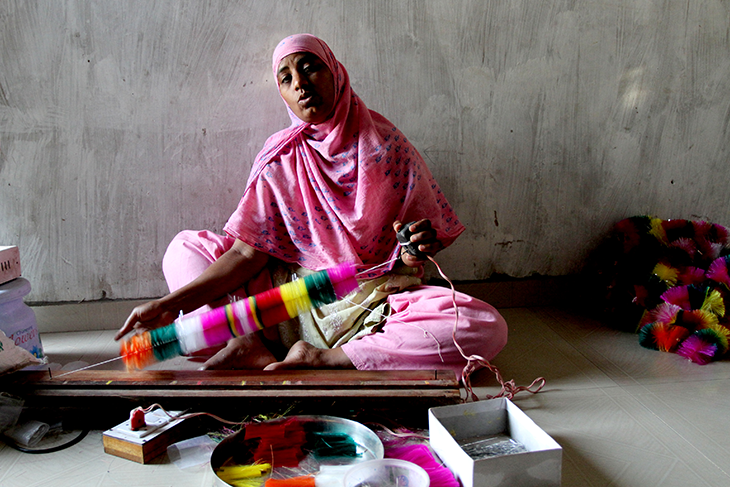The United Nations observes International Widows’ Day on June 23. While we need to recognize the vulnerabilities of widows, we need to also see the larger category they belong to, that is of “single women”. Constituting 21% of the India’s female population, this 73 million-strong single women’s category includes widowed, divorced, separated and never-married women. In addition are the “half widows” (in conflict-torn locations) whose husbands are missing and “tiger widows” whose husbands are suspected to have been killed by tigers and whose bodies are not recovered.
It is clear, therefore, that single women are not a homogenous category. Beginning with the local diversities in which they are located, single women are found in several vulnerable contexts and so, the issues they are burdened with are diverse too. For example, the problems of farm widows are different from those of the widows of fishermen who die while at sea, and the issues of “half widows” in conflict-torn areas are different from those of the women who separate out of choice. The stigma, derision and disrespect, however, are common across the spectrum, the threads of which touch the entire social, political and economic fibre of our society. And unfortunately, they are generally lost in the maze of women’s rights in general when they should, in reality, be an integral, yet distinctly visible part of the women’s rights discourse.
ActionAid Association has been working with single women for over two decades now, organising and empowering them to claim their rights, entitlements and a life of dignity. It is interesting to note that the organisation’s initial understanding on the plight of single women emerged in a rather unanticipated manner, out of their humanitarian intervention in response to the Super Cyclone in 1999 in Jagatsinghpur, Odisha, and then the 2001 Gujarat earthquake.
ActionAid Association was on Ground Zero almost immediately after the 2001 quake to respond to the relief and rehabilitation needs of those affected. A disaster response collective titled ‘Sneh Samuday’ was formed to protect the rights of the most vulnerable, including children, single women, persons with disabilities and the elderly abandoned. After some time, the Samuday evolved into three verticals, one of which was dedicated towards the rights of single women. It was named ‘Ekal Nari Shakti Manch’ which later facilitated the formation of National Forum for Single Women’s Rights. Today, this forum is a formidable force supporting single women’s cause.
Well, that was just the beginning! Recognising the wide-ranging vulnerabilities of single women, ActionAid Association since then has been actively working towards enabling them their rights and a life of dignity. ActionAid Association works in diverse contexts. Over the years, it has been in solidarity with the wives of farmers who committed suicide in Maharashtra, the wives of men who have disappeared in Kashmir, the landless single women in Odisha, the single fisherwomen in Tamil Nadu and Andhra Pradesh, the women branded as “witches” in Madhya Pradesh and several other states.
More recently, during the COVID-19 pandemic, single women were at the centre of ActionAid Association’s relief efforts and the long-term interventions thereafter, including the ones aimed to strengthen their livelihoods. Recognising the support needed by women who lost their husbands during the pandemic, ActionAid Association stood together with the women widowed and facilitated all possible support for them together with community-based human rights defenders and local civil society organisations. This included working together with the local administration to facilitate provision of death certificate within seven days to the survivors (wife) whose spouse died due to COVID-19, and immediate food and financial support to them, besides their linkage with social security schemes. Where needed, ActionAid Association also made efforts to promote women’s access to one-stop crisis centres in cases of violence and supported their skill-building for livelihoods. In addition, their children were linked with government schemes, and sponsorship to continue education and access health and food security programmes.
Today is an opportune occasion for us to strengthen our commitment towards ensuring that single women are not left unseen or unheard. Yes, today, let us all tell them that they may be #SingleButNotAlone.
(Priyanka works as Manager, Communications, with ActionAid Association. The views expressed are personal and do not necessarily represent those of the organisation.)
 Author: Priyanka Khullar
Author: Priyanka Khullar

